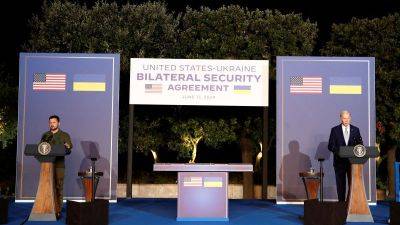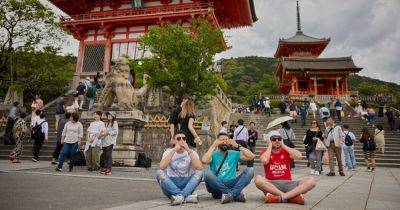Why Japan and South Korea are rediscovering China
TOKYO – The most important thing about this week’s trilateral summit between China, Japan and South Korea is that it happened at all.
It hardly matters that Chinese Premier Li Qiang, Japanese Prime Minister Fumio Kishida and Korean President Yoon Suk Yeol sidestepped a dearth of contentious topics keeping their governments apart since 2019. They include North Korea, Taiwan and export controls.
Nor does it matter that the leaders opted to focus instead on vague chatter about free trade deals, protecting supply chains, adjusting to aging populations and cooperating on infectious diseases. The important thing is that Beijing, Tokyo and Seoul are talking.
It will take much more than talk, of course.
“Common economic interests remain the ballast that holds trilateral cooperation together, but growing misalignment over regional security related to North Korea, Taiwan, and the South China Sea – as well as rising US-China competition – will prevent closer economic cooperation among the three countries,” says Jeremy Chan, East Asia analyst at Eurasia Group.
Yet the timing of the summit may be the most tantalizing consideration of all.
There’s been much speculation about the Joe Biden of it all. The meeting, many believe, was precipitated by Biden’s own summits with Kishida and Yoon. A tacit recognition, it follows, that Chinese leader Xi Jinping is playing catch-up.
What if, however, we’re really seeing Japan and Korea responding to Biden’s trade tariffs? And to the growing fear that Asia’s No 2 and No 4 economies will be collateral damage as Biden slaps draconian curbs on the region’s top economic engine?
At the Seoul summit on Monday, Li urged Kishida and Yoon to reject “protectionism” and work toward free trade. Li stressed





